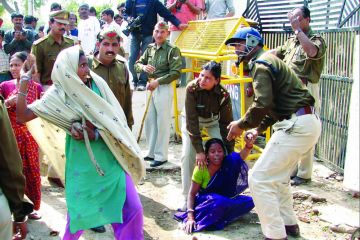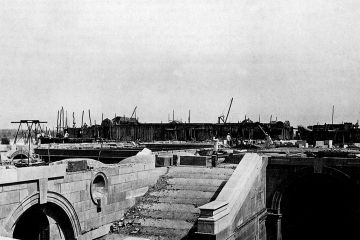
p { margin-bottom: 0.25cm; line-height: 120%; }
The prognosis is stark and dark.On the evening of January 2, the doctor in Vijayawada asks
the family to come and discuss Viswam’s tests. Viswam, his wife Rajamma, and
two other relatives go in. The doctor clears his throat and gives his verdict:
It’s bone cancer. Malignant, advanced stage.That’s a death sentence as definite as anything can be.
Viswam feels as if someone punched him in the chest, emptying out his lungs.
The walls s





